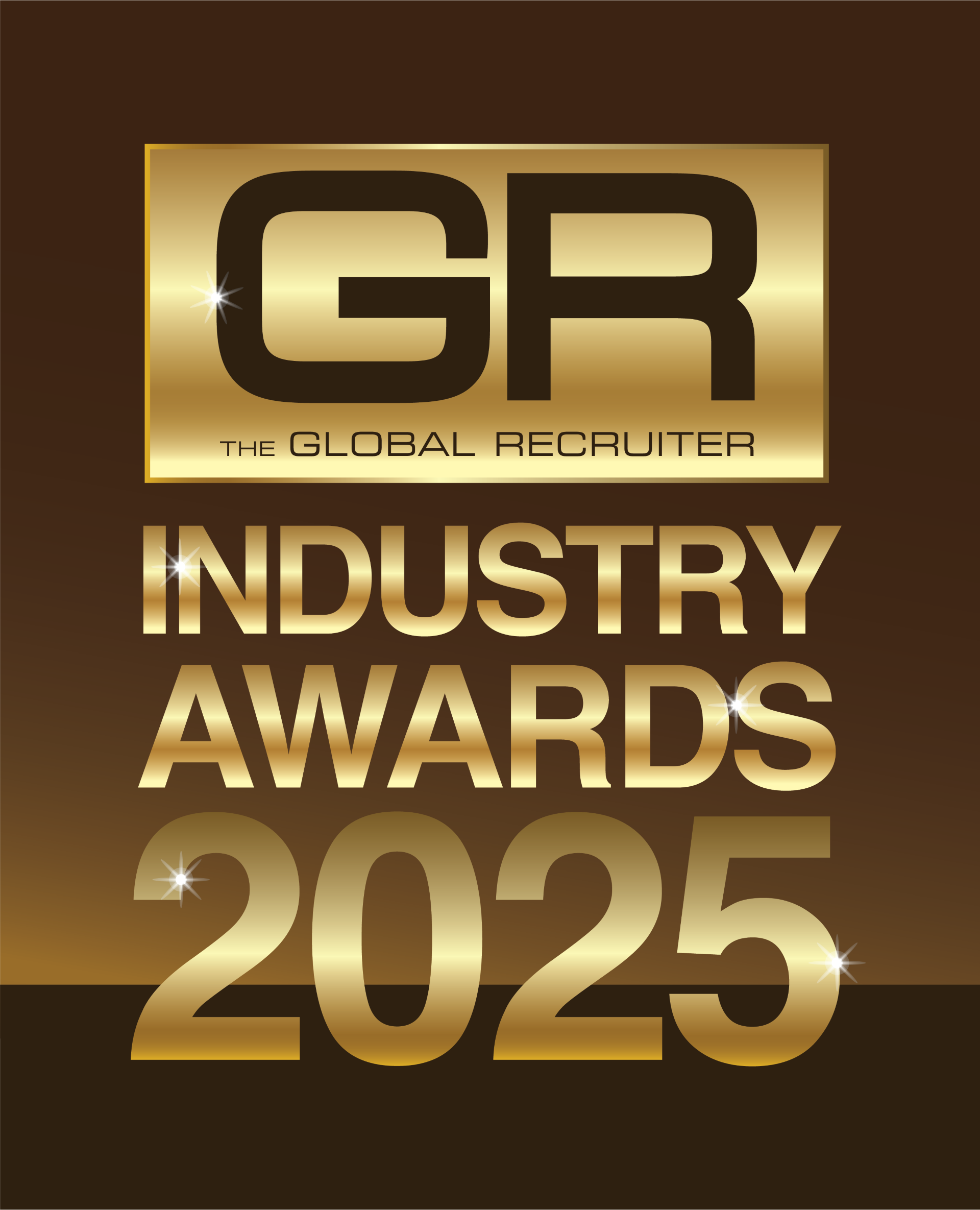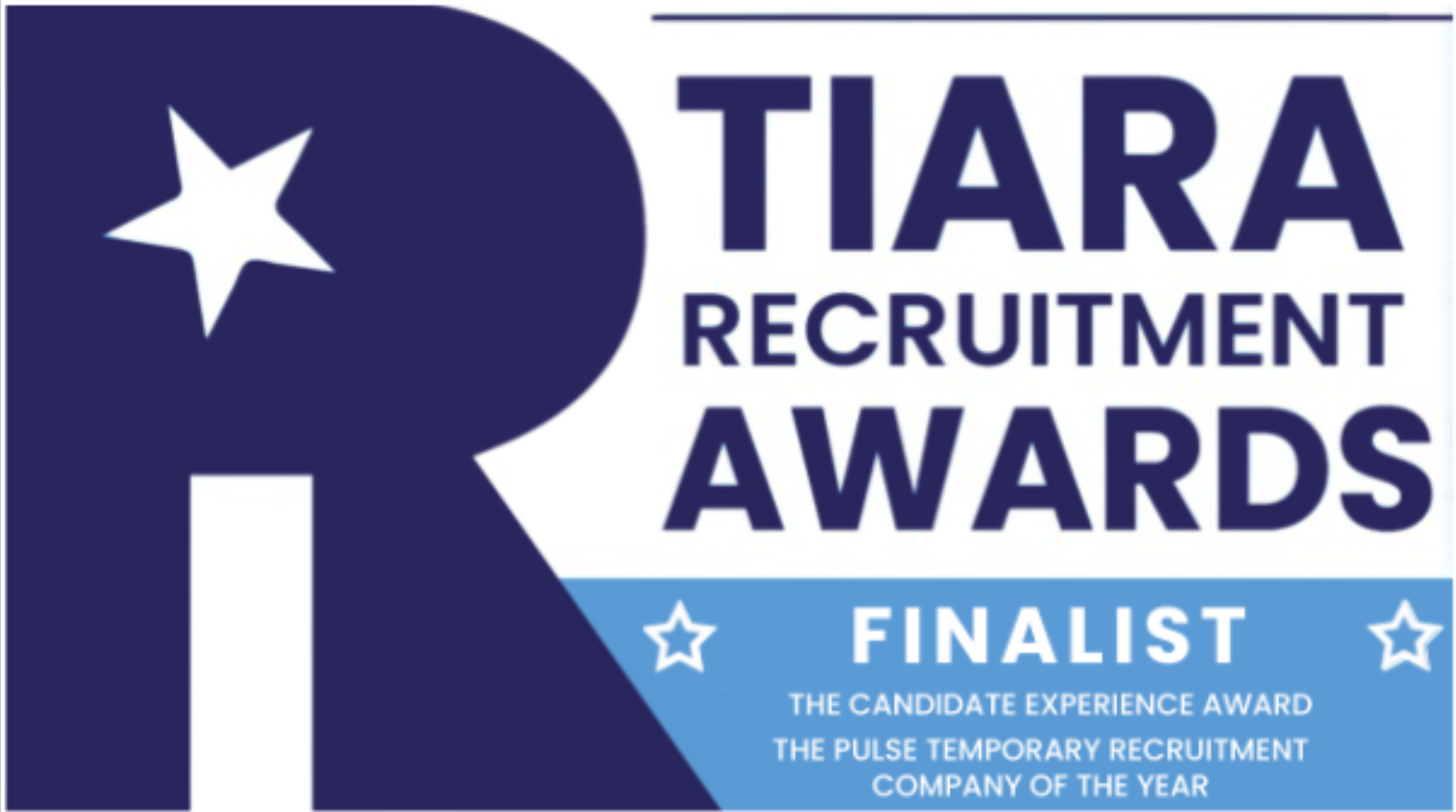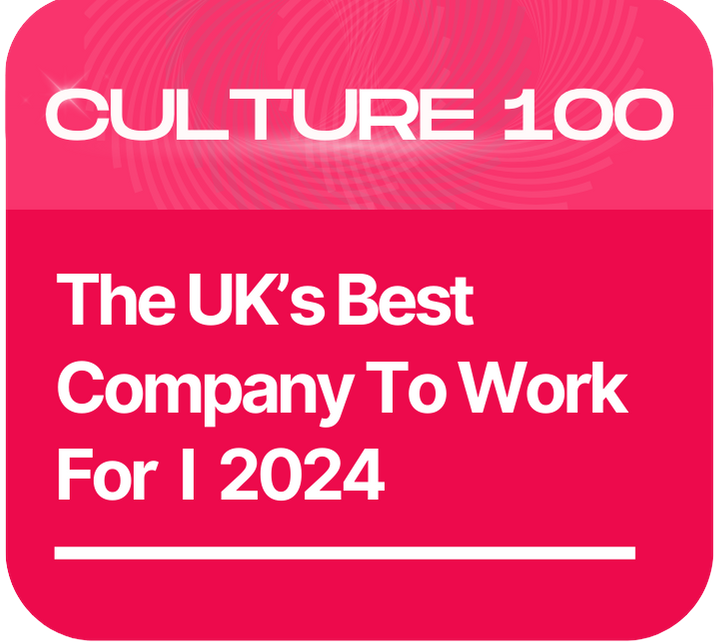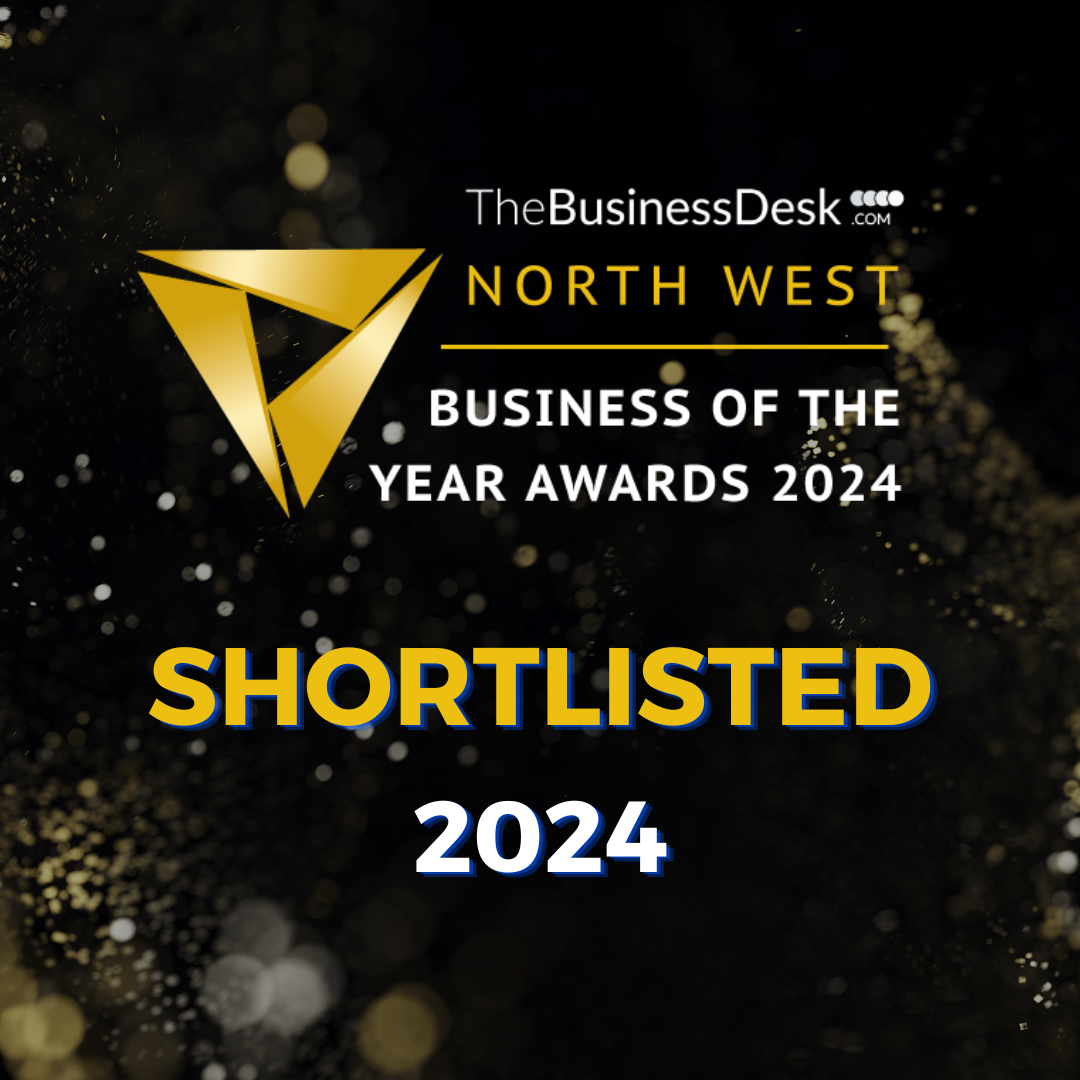Why Likability Matters: The Crucial Role of First Impressions in Business

In the world of business, first impressions are crucial. Whether you’re meeting a potential client, pitching a new idea, or interviewing for a job, the way you present yourself in those initial moments can significantly impact the outcome. One key aspect of creating a positive first impression is likability. Being likable goes beyond just being friendly or pleasant—it encompasses traits such as authenticity, empathy, and a genuine interest in others. In this blog post, we will explore why likability matters in business and how it can influence your success.
Building Trust and Rapport
People tend to gravitate towards individuals they find likable. When you make a positive first impression, you create a foundation of trust and rapport. Likability can help you establish a connection with others, leading to more open and constructive conversations. By being genuinely interested in others and actively listening, you show that you value their perspective. This helps build trust, which is essential for long-term business relationships.
Enhancing Collaboration and Teamwork
In today’s interconnected business landscape, collaboration and teamwork are critical for success. Likability plays a vital role in fostering a positive working environment. When you are likable, you inspire others to work with you and contribute their best efforts. People are more likely to support your ideas, cooperate, and engage in productive teamwork when they genuinely like and respect you.
Influencing Decision-Making
Human beings are naturally influenced by their emotions. When you make a positive first impression and come across as likable, you tap into the emotional side of decision-making. Research has shown that likability can significantly influence how others perceive your competence and credibility. People are more inclined to listen to and be persuaded by individuals they find likable. This can give you an advantage when it comes to closing deals, securing partnerships, or getting buy-in for your ideas.
Creating Positive Brand Perception
In business, your personal brand is closely linked to your likability. How you present yourself and interact with others shapes the way your brand is perceived. By consistently demonstrating likable traits, you build a positive brand image that attracts clients, customers, and stakeholders. People are more likely to recommend and refer your services when they have a favourable impression of you and your brand.
Overcoming Challenges and Difficulties
In the course of your business journey, you will inevitably face challenges and difficulties. When you have established a reputation for being likable, it becomes easier to navigate through such situations. Likability can help you maintain composure, diffuse tense situations, and find common ground during conflicts. By handling challenges with grace and likability, you preserve relationships and increase the likelihood of finding mutually beneficial solutions.
In the world of business, first impressions are powerful, and likability plays a significant role in shaping those impressions. Being likable goes beyond superficial charm—it involves authenticity, empathy, and genuine interest in others. By focusing on building trust, fostering collaboration, and influencing decision-making, likability becomes an invaluable asset in your professional journey. It can help you create a positive brand perception, overcome challenges, and open doors to new opportunities. So, remember the importance of likability and make a conscious effort to leave a lasting positive impression in every business interaction.
If you’d like help finding your new dream role, get in touch with a member of our expert team today. They’ll guide you through the whole process and be on hand for advice, tips and tricks!
Explore Live Job Roles Here
AVAILABLE NOW
2026 Essential Data Centre Industry Guide
GET IN TOUCH
